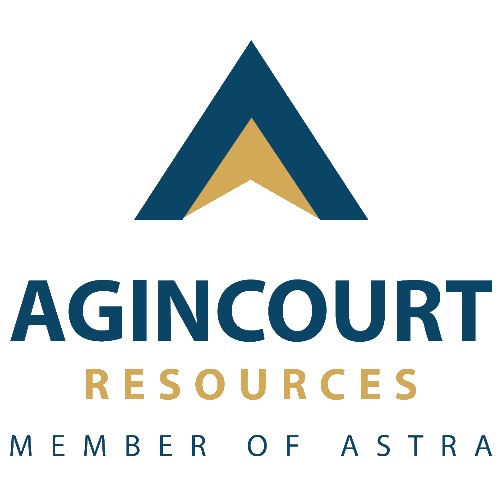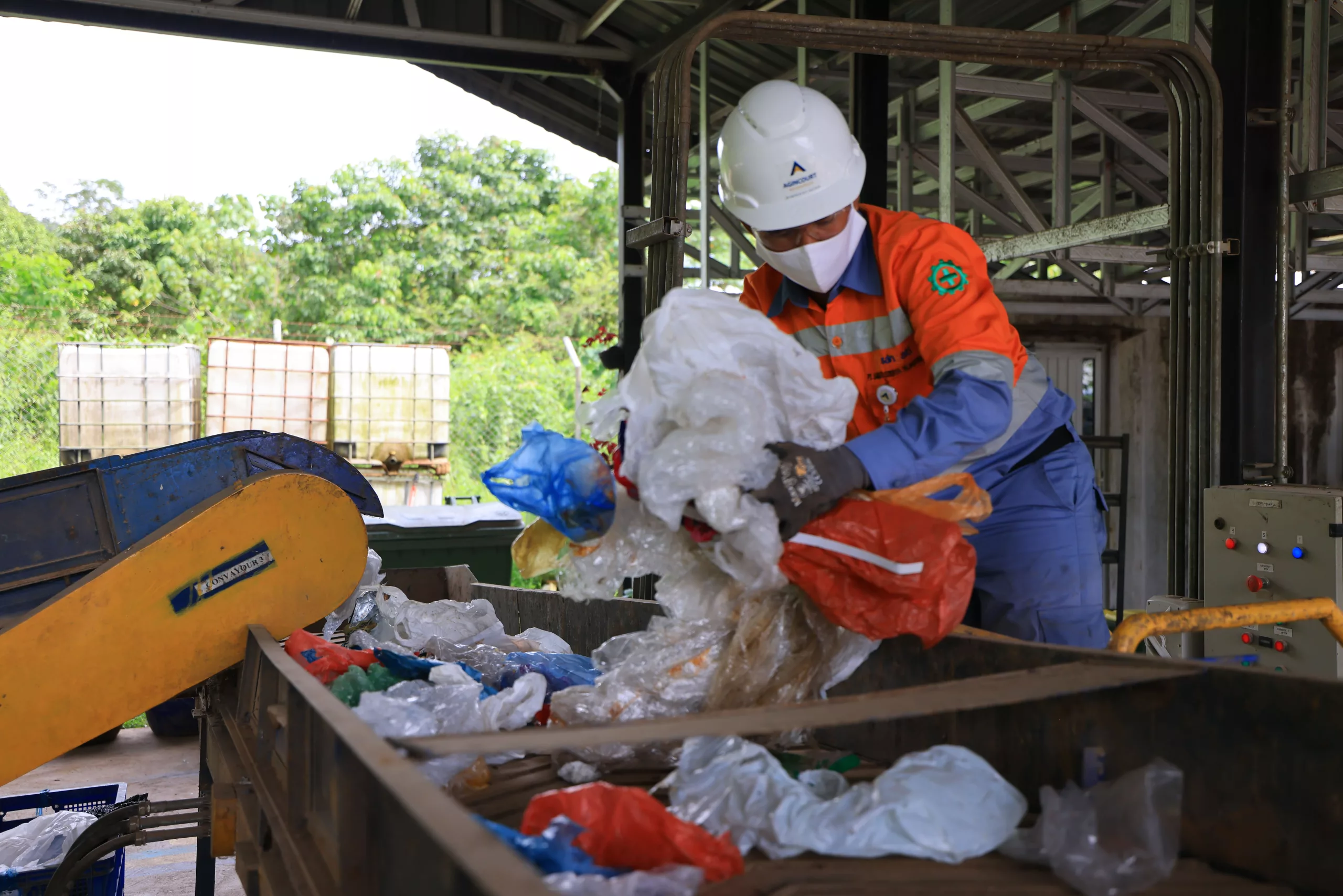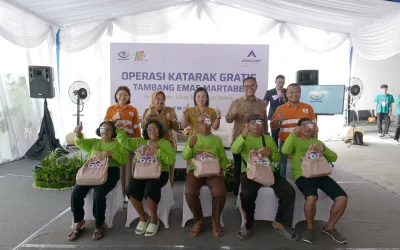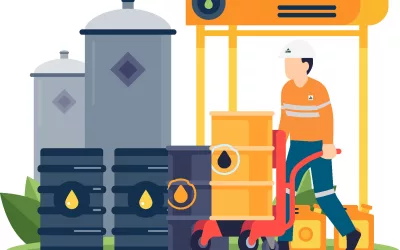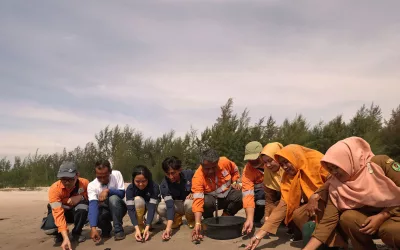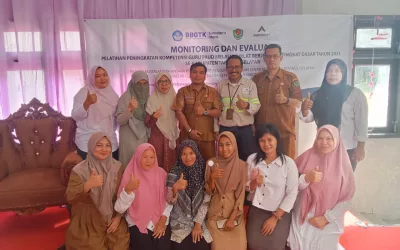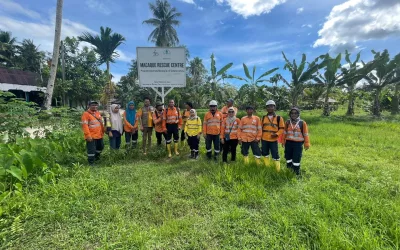Food waste has become one of the most pressing environmental challenges in Indonesia. According to data from the Ministry of Environment and Forestry (KLHK), around 40 per cent of the country’s total waste comes from leftover food. This type of waste not only reflects a waste of resources but also contributes significantly to greenhouse gas emissions, particularly methane gas (CH₄). Methane released from decomposing food in landfill sites has a global warming potential 25 times greater than carbon dioxide (CO₂). Therefore, effective food waste management plays a vital role in efforts to mitigate climate change.
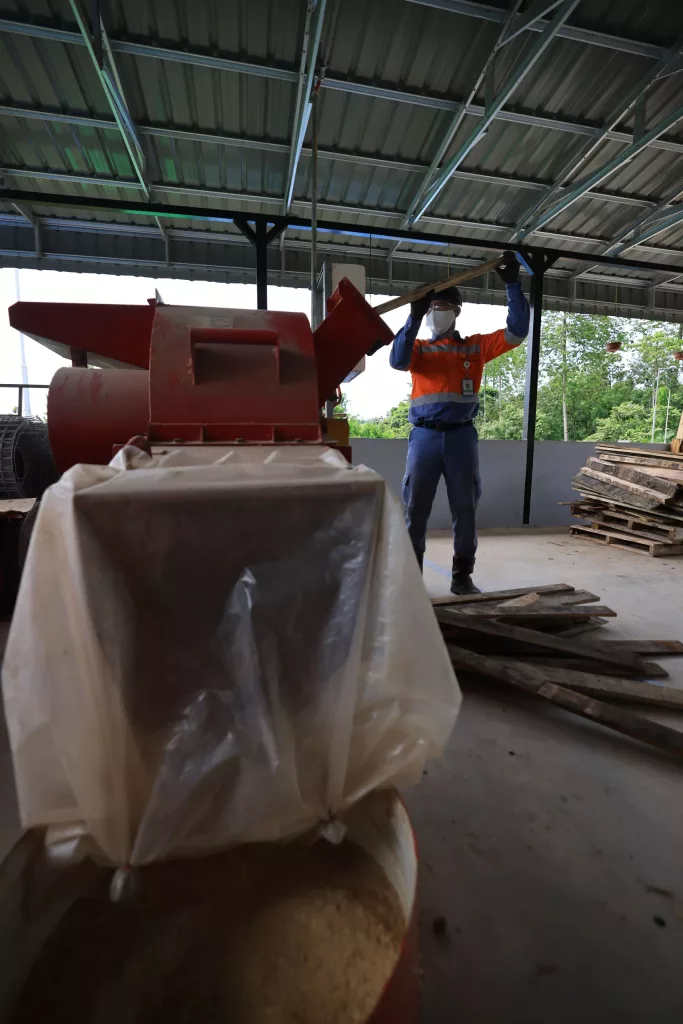
If not properly managed, food waste can cause serious negative impacts. Environmentally, the decomposition of organic materials in landfills can contaminate groundwater, produce unpleasant odours, and even increase the risk of landslides in dumping areas. Socially and economically, food wastage also means wasting valuable resources such as water, energy, and labour invested in food production. Ironically, this occurs while many communities across Indonesia still face food insecurity and limited access to nutritious meals.
Agincourt Resources is strongly committed to implementing sustainable waste management, including food waste management, across all its operational areas. Rather than sending food scraps directly to landfills, the company processes them into new, useful resources through various environmentally friendly initiatives.
One of these initiatives is compost production, where food waste and other organic materials are converted into natural fertiliser for use in mine reclamation areas. In addition, some edible food waste is reprocessed into animal feed and distributed to local farming partners. Furthermore, Agincourt Resources has also developed the production of ecoenzymes a natural liquid produced through the fermentation of organic waste such as fruit and vegetable residues—used as an eco-friendly cleaning solution and a natural liquid waste reducer.
This initiative demonstrates that managing food waste is not merely an obligation but an opportunity to create added value for the environment and the community. By applying the 3R principles — Reduce, Reuse, Recycle — to minimise, repurpose, and process food waste, it transforms leftovers into resources that support operational sustainability while strengthening positive contributions to sustainable development.
